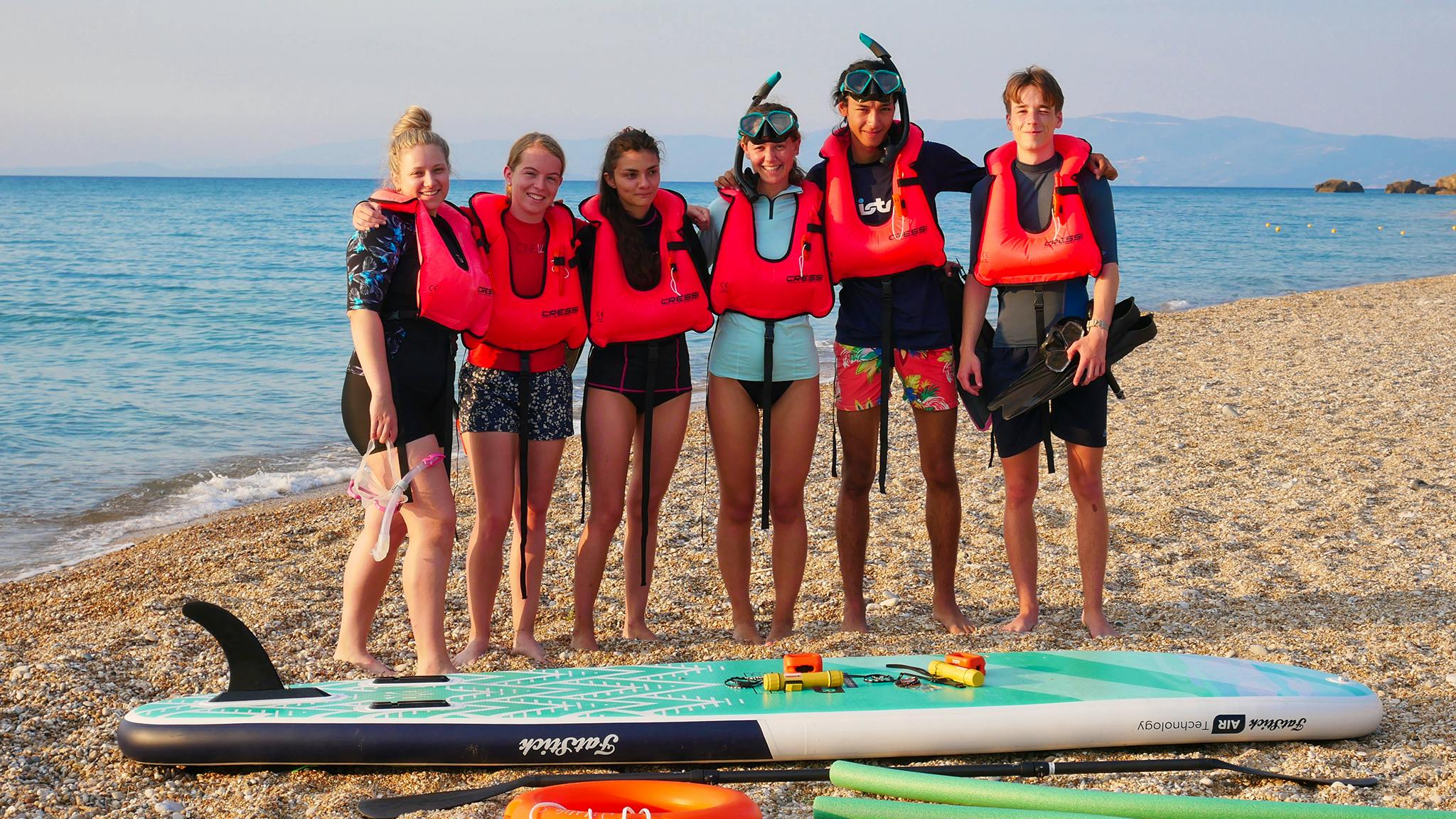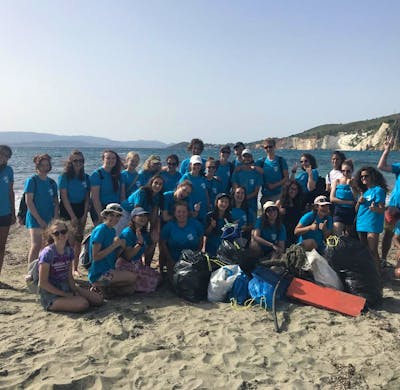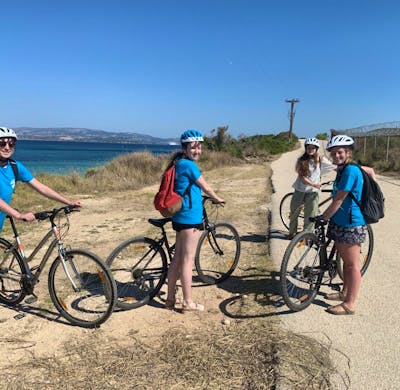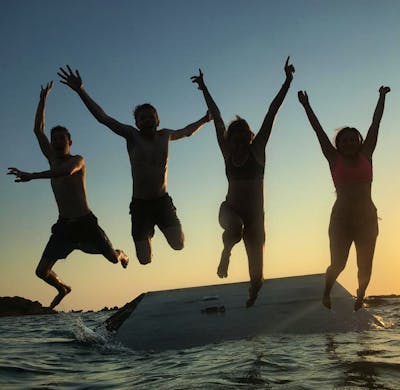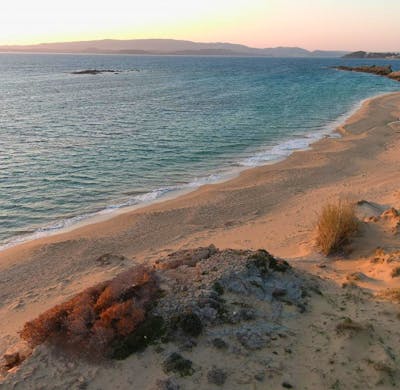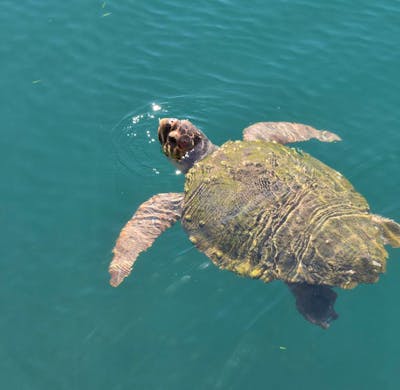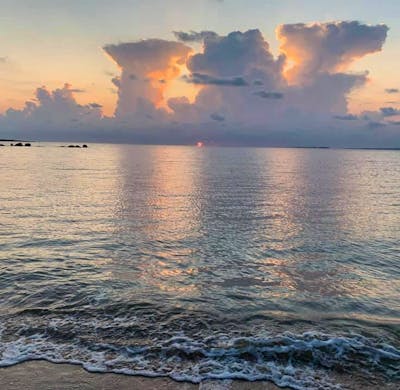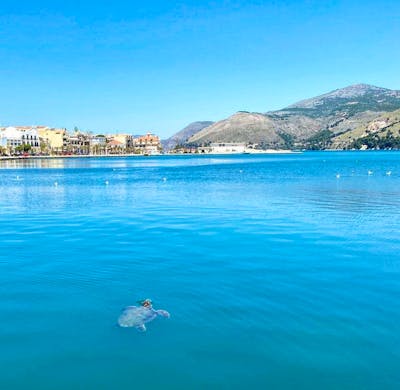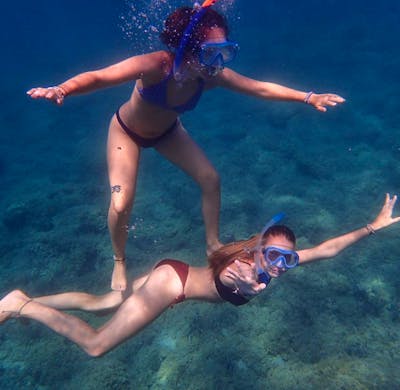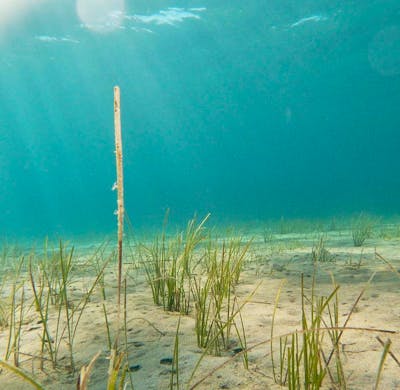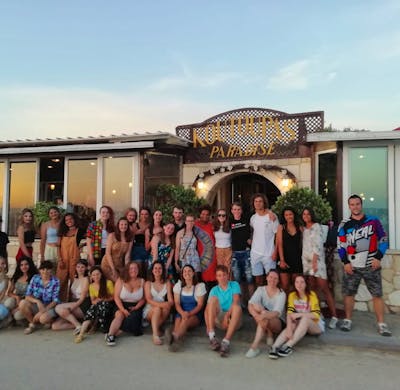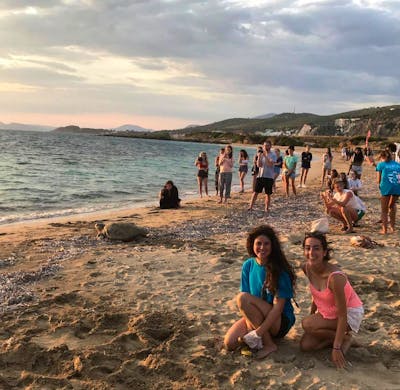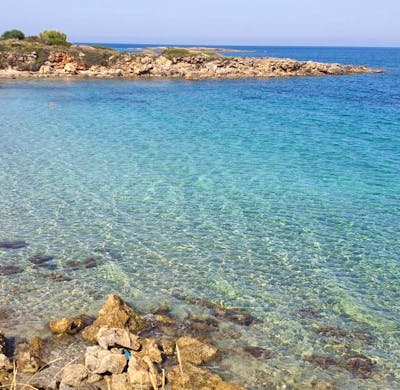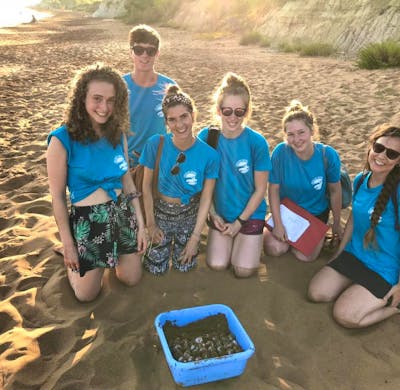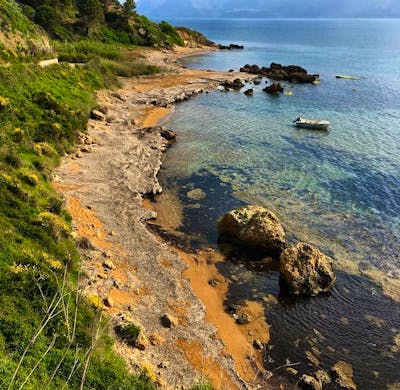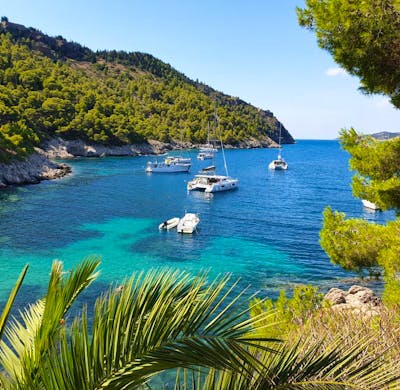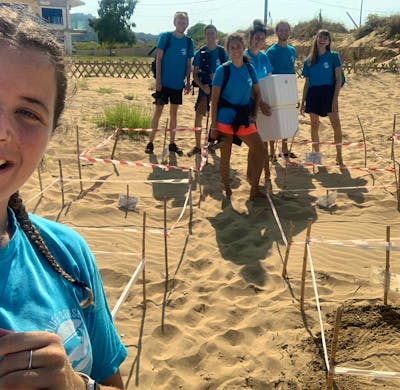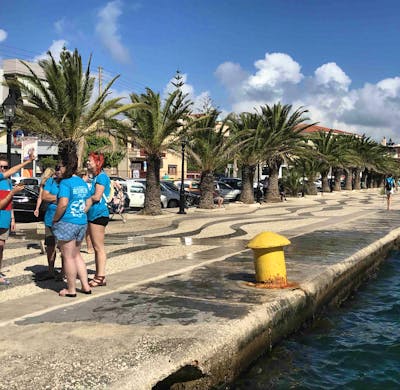Hellooo! Component .... were are you 🧐?
Greece Marine & Conservation Volunteers
2 - 4 weeks
·
Alder 18 - 50+
Verificeret af Volunteer World
Excellent Svarrate
Outstanding 4.9 ·
·
Verificeret af Volunteer World
·
·
·
Verificeret af Volunteer World
·

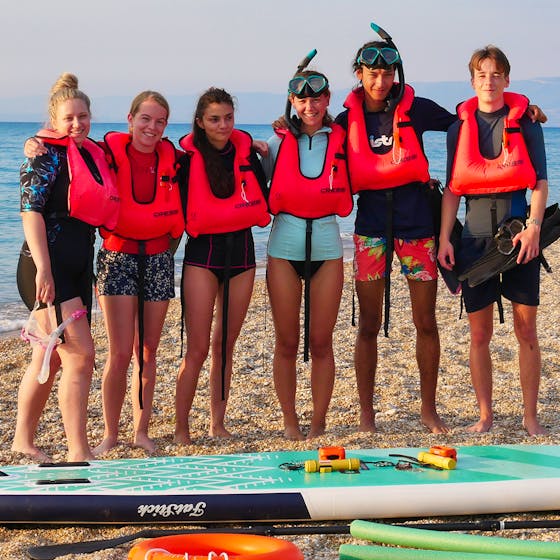
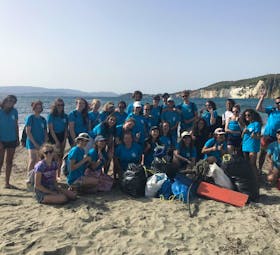
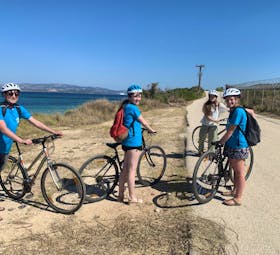
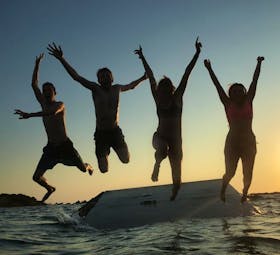
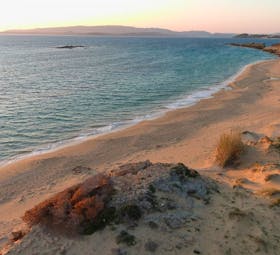
2 - 4 weeks
·
Alder 18 - 50+
·
Excellent Svarrate
Frivilligprojekt med højeste kvalitet.
Dette projekt tilbyder den højeste kvalitet, der sætter standarder - langt over gennemsnittet.
Højdepunkter
- 80% of PMGY volunteers are 18-22 years old
- Undertake hands-on conservation work alongside qualified field assistants
- Protect posidonia seagrass meadows and sand dune systems
- Enjoy the island experience of Kefalonia in your free time
- Volunteer in a top European location
- 80% of PMGY volunteers are 18-22 years old
- Undertake hands-on conservation work alongside qualified field assistants
- Protect posidonia seagrass meadows and sand dune systems
Hellooo! Component .... were are you 🧐?
Særligt velegnet til
Om programmet
Protect large seagrass meadows and sand dune systems on a meaningful conservation and research experience in Kefalonia.
Protect large seagrass meadows and sand dune systems as a Greece marine conservation volunteer. Develop research experience and discover all the marine organisms that thrive within the protected marine plants. and explore the sand dunes and their critical role in climate change. Enjoy a fulfilling ...
Hellooo! Component .... were are you 🧐?
Typisk dag
YOUR VOLUNTEER ROLE & TYPICAL WORK DAY
As a volunteer in Greece on the marine and coastal conservation program, there is a range of conservation activities you will engage with. This is all focussed on protecting the seagrass meadows and sand dune habitats within the Skala and Svoronata regions.
You ...
Fritidsaktiviteter
Your days off are your time to explore the wonders of Kefalonia. Whether you are looking for a relaxing weekend by the beach in Myrtos Beach, some adventure activities, or a more cultural experience in Fiskardo – Greece has it all. As a volunteer in Greece, our team both welcomes and encourages ...
Krav
Hvad er inkluderet
Hvad er IKKE inkluderet?
Oplysninger ved ankomst
The Skala and Svoronata field locations begin on select Thursdays of each month between May and September.
Tilgængelighed
Jan.
Febr.
Marts
April
Maj
Jun
Jul
Aug.
Sept.
Okt.
Nov.
Dec.
Programgebyrer
2 uger (min. ophold)
1.131€
3 uger
1.505€
4 uger (max. ophold)
2.014€
Gennemsnitligt gebyr
534€/uge
Mød din vært
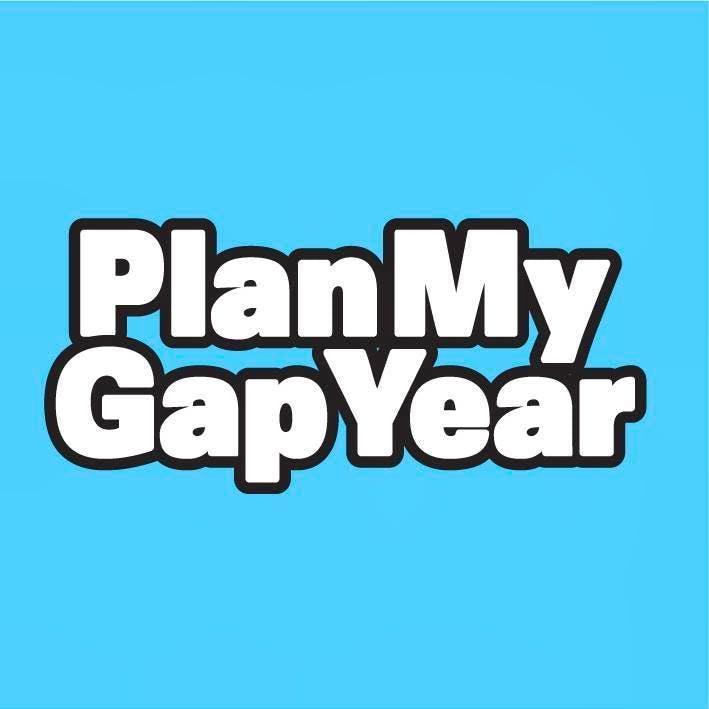
Plan My Gap Year
Outstanding 4.9
 (1434 feltrapporter)
(1434 feltrapporter)
Agentur - grundlagt i 2011
Verificeret af Volunteer World
Excellent Svarrate
Vært er
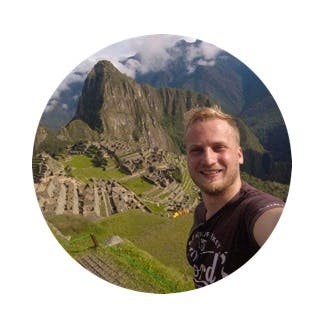
Josh
Spoken languages: Engelsk
Om projektet
Plan My Gap Year is an award-winning international volunteer placement organisation based in the UK.
1434 feltrapporter ·  4.9
4.9
Placering

Du er måske også interesseret i
-
Beskyttelse af skildpadder
Projekter i udlandet
De bedste programmer for frivillige
Gruppefrivilligt arbejde
Dyr i Europa
Missionsrejser
Frivilligrejser for universitetsstuderende
Voksne
Havskildpadde Grækenland
